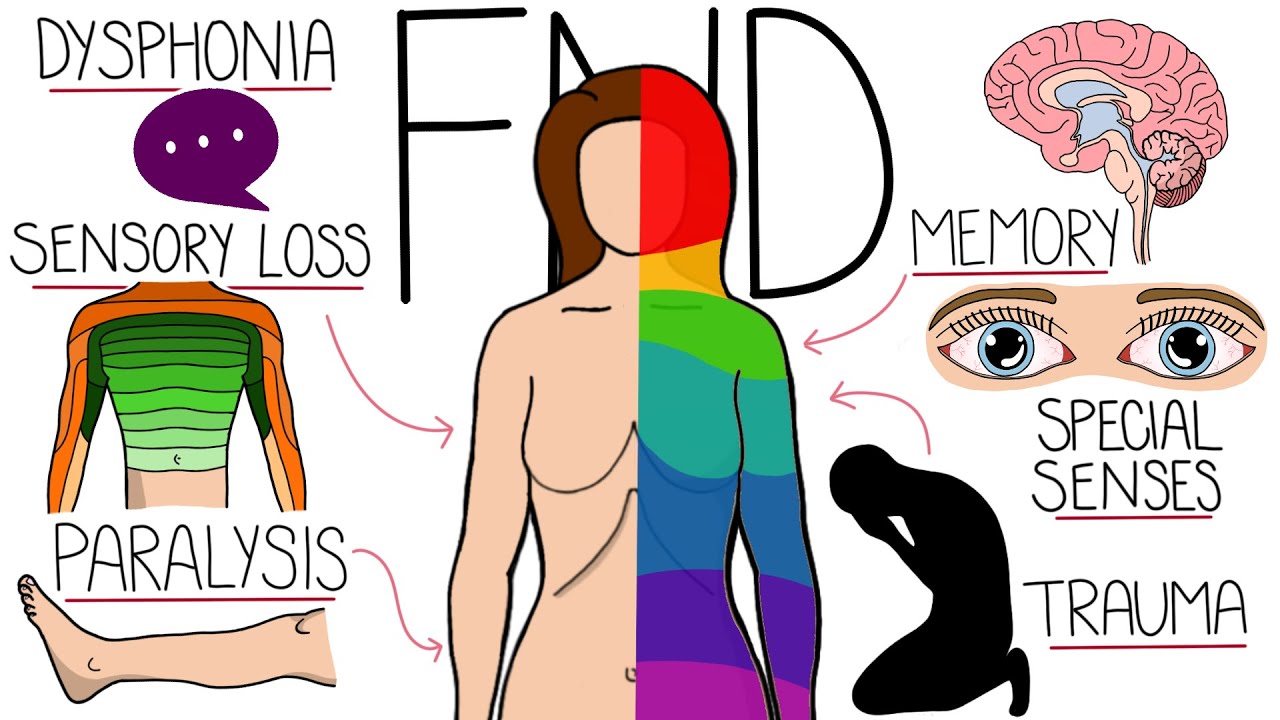Spinal fluid biomarkers predict rate of cognitive decline with Alzheimer’s disease
Reuters Health • The Doctor's Channel Daily Newscast
According to the report in the May issue of the Archives of Neurology, subjects with low levels of amyloid-beta-42, high levels of tau or phosphorylated tau 181, or high tau:amyloid-beta-42 ratios were at increased risk for more rapid decline.
“Because there is growing emphasis on enrolling individuals with less cognitive impairment into clinical trials of putative anti-Alzheimer’s disease agents, methods are needed that will identify individuals with very mild DAT who are more likely to exhibit measurable cognitive decline during the study,” Dr. Barbara J. Snider and colleagues, from Washington University School of Medicine, St. Louis, note.
The results are based on a study of 48 subjects with very mild DAT and a Clinical Dementia Rating of 0.5 at the time of lumbar puncture. The subjects had at least 1 follow-up visit and the average follow-up period was 3.5 years.
The researchers found, for example, that “the annual change in the Clinical Dementia Rating score was 1.1 for the lowest two tertiles of amyloid-beta-42 values and 0.3 for the highest tertile of amyloid-beta-42 values.”
Before these biomarkers can be used in clinical practice, the authors note, practical guidelines will need to be created regarding the interpretation of individual results.
Reference:
Arch Neurol 2009;66:638-645.







